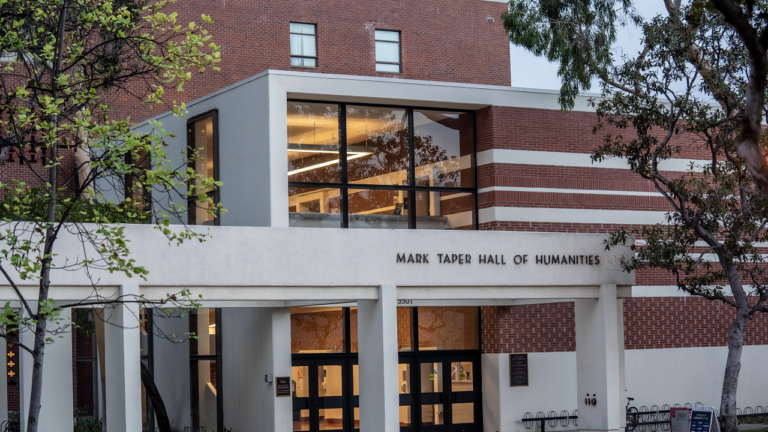
Welcome to English!
When the Great Library of Alexandria burned, it wasn’t just 40,000 scrolls that were lost; entire imaginative universes went up in smoke. Literature supplies the materials we use to build and remake worlds. And it allows us to reimagine the world – as it was, is and might be. To major in English is to connect the deepest streams of consciousness to the wide rivers of history, to understand not only what matters but also why and how meanings are made. Our distinguished faculty and professional writers teach the ways of language through its history up to today, and together we imagine its future. We share a core that explores literary history, analysis, and critical method, and then emphasize either Literature or Creative Writing, using each to enhance the other. Our innovative Narrative Studies major is interdisciplinary across the entire university.
English
is spoken by more people than any other language in the world. It has a rich literary history that spans the globe, from Britain and America to India, the Caribbean, Oceania, Africa, and many other places besides. These far-flung traditions arose because of British and American colonialism, in a history that our curriculum and our faculty interrogate in depth. And yet, while words have been used to control and repress, language itself cannot be ruled or governed; as Virginia Woolf wrote, English words have “gone a-roving, a-roving,” freely rebelling against any authority that would “stamp them with one meaning, confine them to one attitude.” Words are “highly democratic,” Woolf writes; “there are no ranks or titles in their Society.” To write great literature, she notes, we must “allow words their liberty.” In her Nobel Prize acceptance speech, Toni Morrison contemplates the life and death of language. A dead language is not only one no longer spoken or written, but any language that is “censored and censoring” and that “has no desire or purpose, other than maintaining the free range of its own narcotic narcissism, its own exclusivity and dominance.” The writer’s responsibility, in contrast, Morrison says, is to make language live. This is what you will be doing in the classes you take at USC, whether you are considering romantic poetry or contemporary television, whether you are exploring the history of the novel or writing one yourself.

An English major
participates in enlivening the language 1.5 billion people live by, extending and enriching the life it is and the lives it represents. By thinking critically about who is speaking for whom, whose point of view is made to mean in a represented world, and acknowledging the ambiguous spaces in which words grow or diminish, an English major is well-equipped to succeed in any profession that needs nuance and care in how we read, interpret, and act in the world. Our graduates go on to become lawyers, writers, editors, teachers, analysts, marketers, and more. In a world of AI and misinformation, English majors know how to tell the difference between lies that flatten the world and metaphors that illuminate truths about it, how to nourish the soul amidst so much noise.

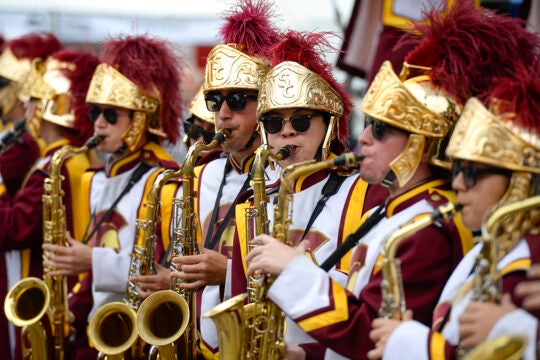
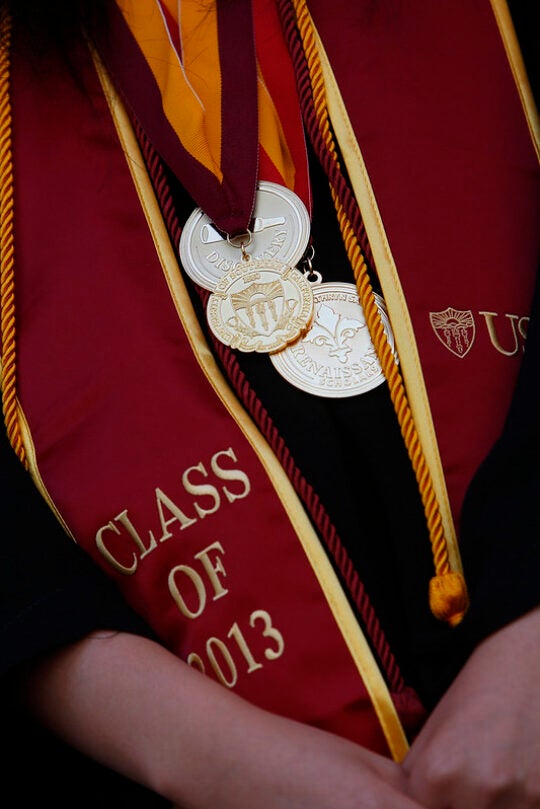
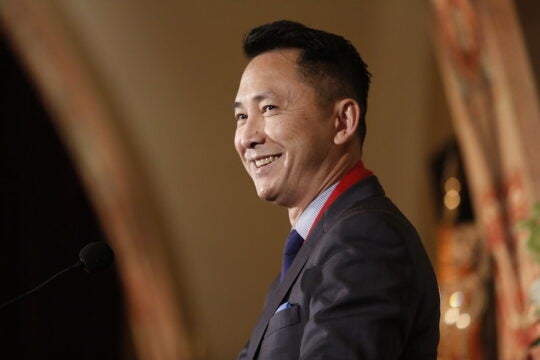
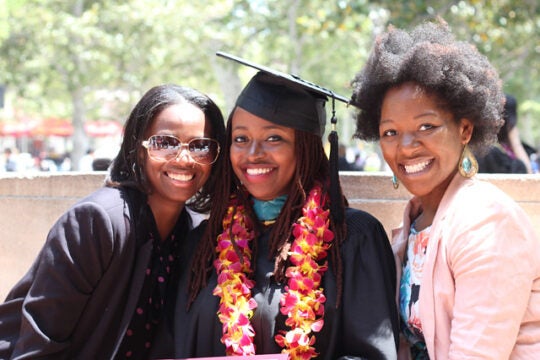
Contact Details
USC Department of English
3501 Trousdale Parkway
Taper Hall of Humanities 404
Los Angeles, CA 90089-0354
